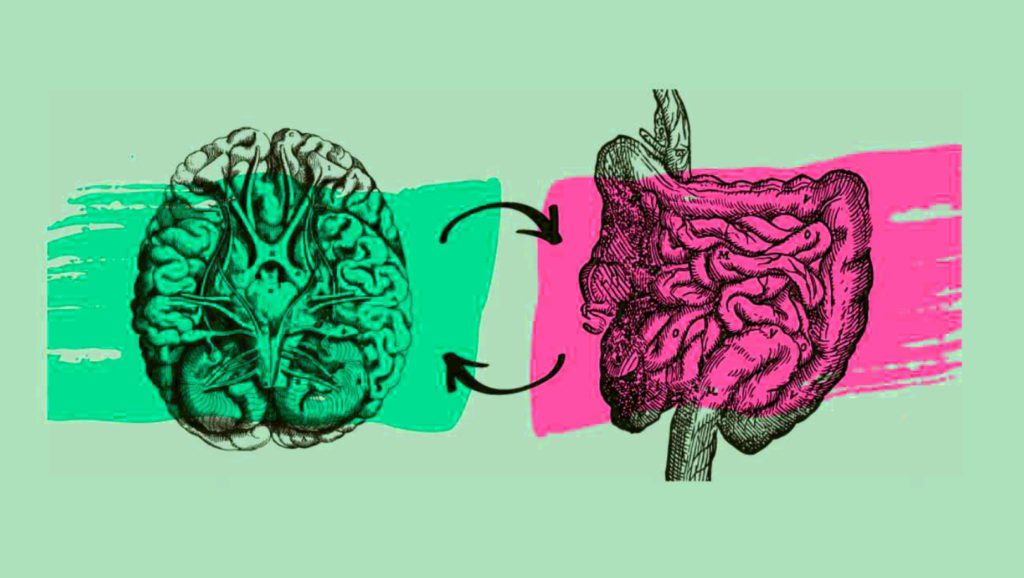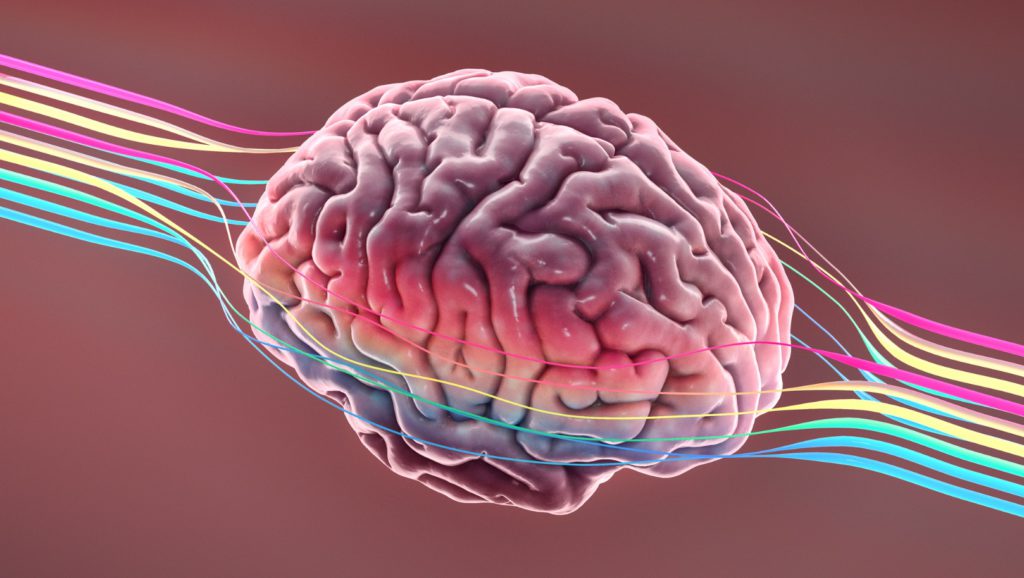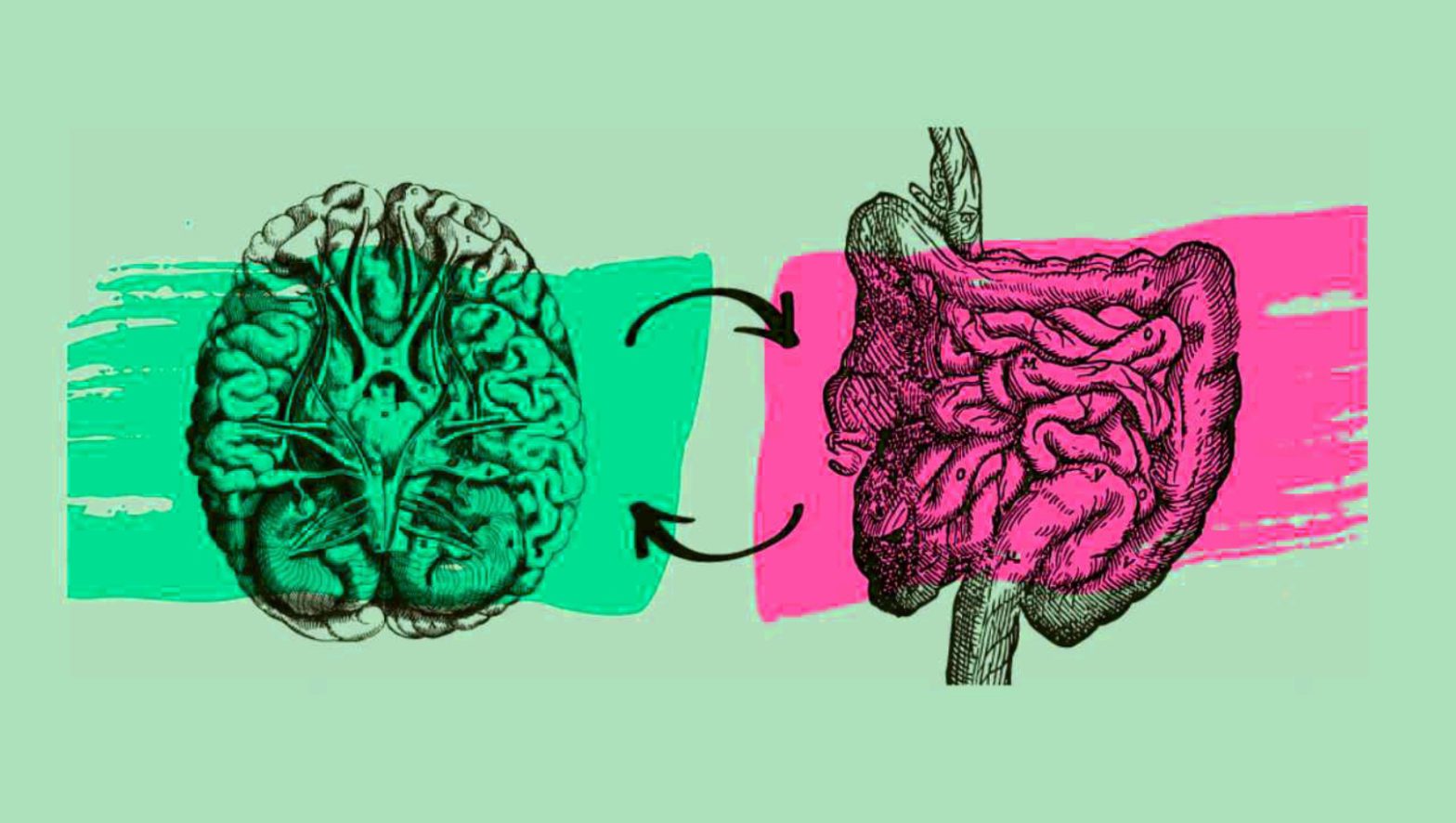
Have you ever had a gut feeling?
That expression typically means having some sort of unexplainable instinct or hunch, which you feel deep down in your core. Most of us have experienced it at some point in our lives.
Well, the bad news is, you’re not psychic. The good news is, that gut feeling is a real thing.
The ‘Gut’ Part of the Gut-Brain Axis
It’s known as the gut-brain axis. There is a direct link between the brain and the gut — a connection between your central nervous system (which consists of the brain and spinal cord, and controls most body functions) and your enteric nervous system (which manages gut and gastrointestinal behavior among other things).
The enteric nervous system (the gastrointestinal one) is sometimes called the “second brain” because it can operate autonomously — or, without guidance from — your actual brain (the one inside your head). So, that “gut feeling” you sometimes get is actually your second brain giving you additional information.
A lot of this communication between our two information centers (the gut and the brain) is made possible by our gut microbiota — which is the ecosystem, made up of trillions of microorganisms, living inside your gastrointestinal system. If these gut microorganisms sense something is wrong, they can send your brain immediate alerts through a recently discovered neuron circuit, which connects the two.
Still with me? A neuron is a specialized cell that transmits information all over your body. It’s like a lightning-quick, data-filled message that tells your body how to respond to stimulus. There are about 100 million neurons in your small intestine alone!
Here’s where it gets really interesting…
The ‘Brain’ Part of the Gut-Brain Axis
Your brain also contains neurons — about 100 billion of them. And all these information-sharing neurons form a sort of communication highway between your brain and your gut. They speak to one another, essentially. And this combination of shared information between your brain and your gut is responsible for just about everything that makes you you: your emotions, stress levels, memory, immune function, pain perception, mood, etc.
So, when medical professionals say that your gut health has a huge influence on the way you think and feel, it’s not just an expression. It’s a scientifically proven fact. If your gut isn’t performing at its best, it can lead to poor moods and mental state, sleep loss, and even a weakened immune system.
But by rebalancing your gut microbiota (introducing more good gut bacteria than bad), you can actually improve your brain health and mood, and even give a boost to your immune system.

Improving the Connection
There are several ways you can rev up your gut health and rebalance its bacterial ecosystem, including eating fermented foods, eating more fresh fruits and vegetables, and NOT eating too many processed foods. Adding more probiotics to your diet is also a great way to improve gut health, because probiotics help populate your gut with more good bacteria to fight off the bad.
We’ve given the gut-brain axis a lot of thought at NatureM.D., and we understand how important strengthening that link is. After years of research on this topic, we’ve developed a formula that specifically focuses on the health of the gut, the brain, and the connection that binds them.
Check out NatureM.D. on Facebook for the latest health news, product alerts, and to have all your questions answered by me!
Your health and well-being are always my first priority.
~ Your NatureM.D. Wellness Team


